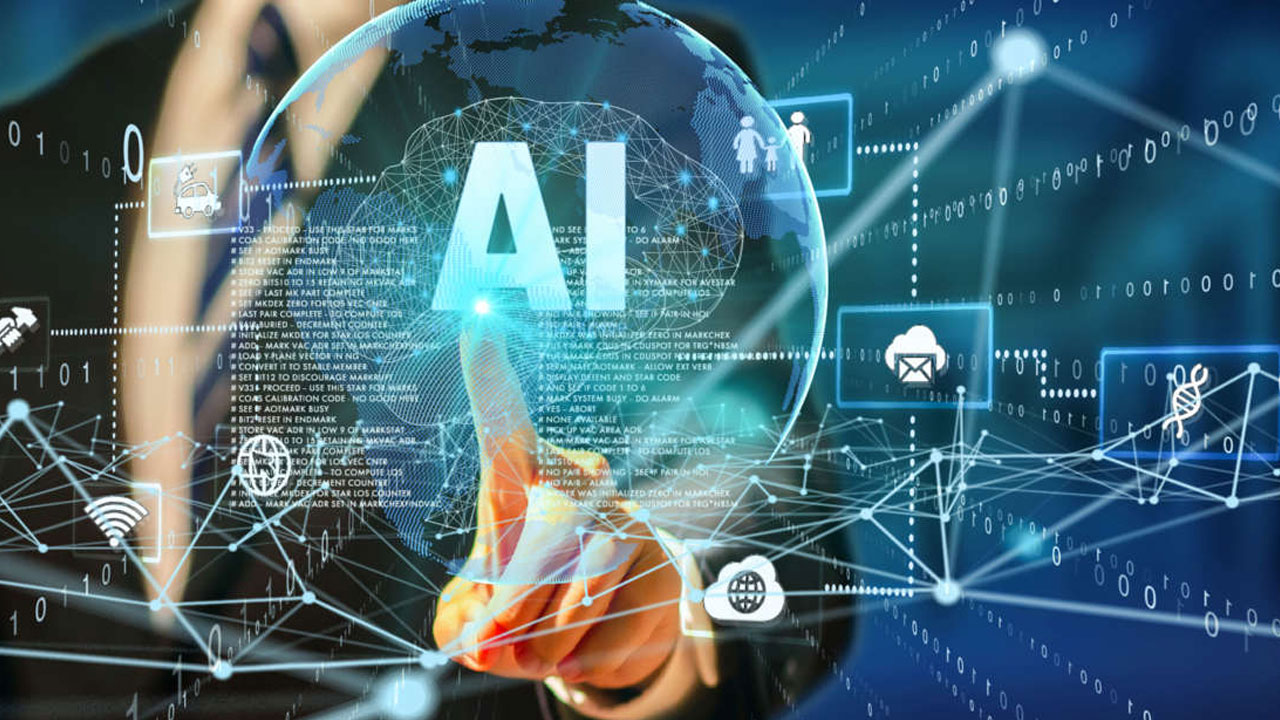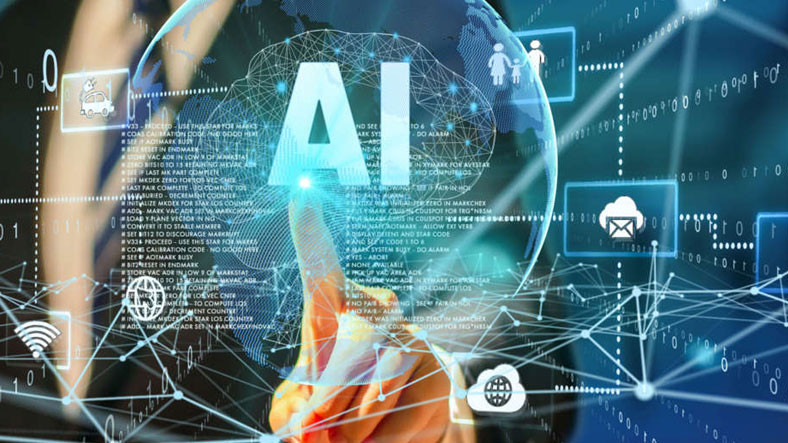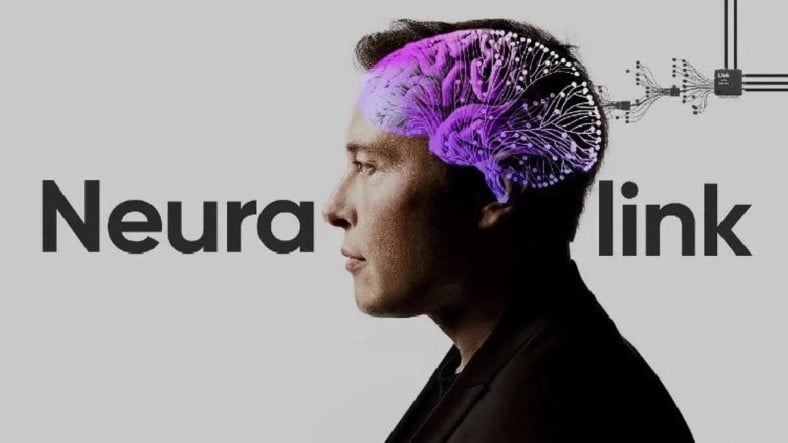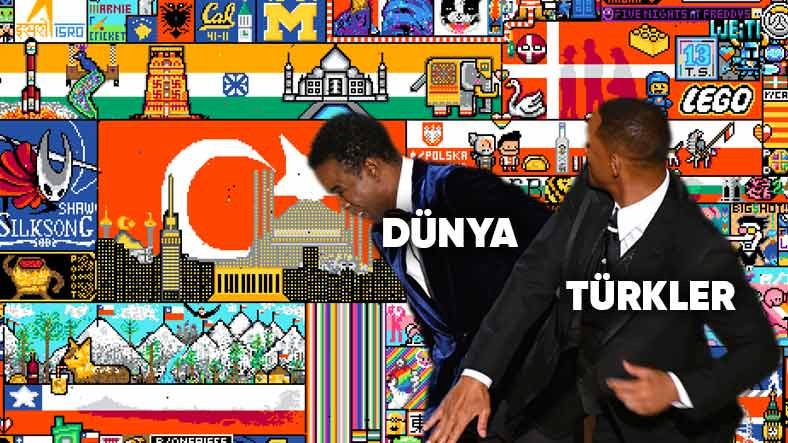The debate about artificial intelligence replacing the governments of countries has been going on for a long time in the world. Artificial intelligence for humans how ‘equal’ it will be treated and how ‘ethical’ it will be While the topic has been a hot topic for discussion, special news came recently from Google’s artificial intelligence initiative DeepMind.
Google’s DeepMind team has managed to train an AI system to come up with a “one size fits all” policy for allocating public resources in an online game. In the education of artificial intelligence In an online game played by 4 people 4000 real people and computer simulations were used.
AI has developed a common policy that does not adhere to one of two accepted policies:

In the game in question, players start the game with different amounts of money and a public fund pool is used to help grow. how much will they contribute? they decide. In the end, they get a part back for their contribution. Players also voted for their preferred policy of distributing public money.
Analyzing this game for education, artificial intelligence has finally set its own policy. Artificial intelligence, every player’s public money according to how much of the starting money contributed redistributed. In this way, he tried to reduce the inequalities in wealth between players. In addition, those who do not contribute half of the initial funds The ‘freeloader’ yielded almost nothing to the players.
Players who voted in a majority on the policies of artificial intelligence, along with the policies they developed. policies made by artificial intelligence chosen. Other options for this policy were “egalitarian,” which distributed funds equally regardless of how much each person contributed, and “libertarian,” which distributed funds according to each person’s share of contribution.
Artificial intelligence, while successful policy making, doesn’t quite fit into democracy:

Although the DeepMind team managed to prove itself, artificial intelligence can’t afford democracy explained as follows:
“Democracy isn’t just about winning, implementing the policies you like best – it’s about creating processes in which citizens can meet and discuss as equals.”
While the DeepMind team stated that artificial intelligence ignores the needs of minority groups (those who vote for different policies), there was also a counter-argument. Mathias Risse from Harvard University acceptable among political scientists. shared. Rise in modern democracies deprivation of the electoral rights of the ‘majority’ by the economic elite He stressed that there are such problems.
So what do you think of this topic where artificial intelligence can affect human life the most?















